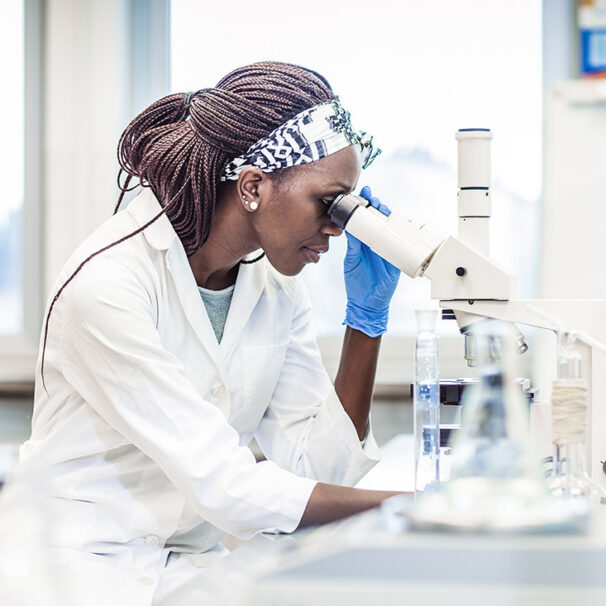Pathology Specialists/Technologists Healthcare Taxonomy Code 246QC2700X
HealthProviders DB is a comprehensive database of healthcare providers, including a complete directory of all cytotechnology specialists and technologists.
As of today, the following are the total number of Cytotechnology Specialists/Technologists nationally, in your state, and near your location.
Medicare
The following are the total number of Cytotechnology Specialists/Technologists who accept Medicare in your state, the number who have opted out of Medicare, and the total number excluded from participation in Medicare nationwide.
Alaska – Alabama – Armed Forces Pacific – Arkansas – American Samoa – Arizona – California – Colorado – Connecticut – District of Columbia – Delaware – Florida – Federated States of Micronesia – Georgia – Guam – Hawaii – Iowa – Idaho – Illinois – Indiana – Kansas – Kentucky – Louisiana – Massachusetts – Maryland – Maine – Marshall Islands – Michigan – Minnesota – Missouri – Northern Mariana Islands – Mississippi – Montana – North Carolina – North Dakota – Nebraska – New Hampshire – New Jersey – New Mexico – Nevada – New York – Ohio – Oklahoma – Oregon – Pennsylvania – Puerto Rico – Palau – Rhode Island – South Carolina – South Dakota – Tennessee – Texas – Utah – Virginia – Virgin Islands – Vermont – Washington – Wisconsin – West Virginia – Wyoming
Select the State name above or from the HealthProviders DB App filter panel to show the list of Cytotechnology Specialists/Technologists by State. In addition, you can also narrow the list by City and more from the filter panel.
You can download the Cytotechnology Specialists/Technologists dataset using HealthProviders DB Export.

What do Cytotechnology Specialists/Technologists do?
Cytotechnology Specialists/Technologists examine cell samples under a microscope to detect abnormalities indicating diseases, particularly cancer.
They prepare and analyze various cell specimens, such as those from Pap tests and fine-needle aspirations, documenting their findings for pathologists who make the final diagnosis. Cytotechnologists play a vital role in providing rapid and accurate diagnoses by collaborating with physicians to interpret microscopic cell structures and identify abnormalities.
Responsibilities
Sample Analysis: They evaluate cell samples from all body sites using microscopes to identify changes in shape, size, and structure that may signal disease.
Specimen Preparation: They are skilled in collecting samples, preparing slides, and applying special staining techniques to make cells visible and differentiate them.
Pathologist Support: They work closely with pathologists, submitting abnormal slides for further examination and providing microscopic findings to aid in the final diagnostic report.
Collaboration: They collaborate with physicians to assist in collecting cell samples during procedures like fine needle aspirations (FNA).
Quality Control: They maintain lab standards by ensuring effective specimen collection and preparation, as well as adherence to laboratory safety protocols.
Environment
Career Advancement: With experience and further study, cytotechnologists can advance to supervisory roles, research positions, or become educators.
Work Settings: Cytotechnologists typically work in hospital labs, commercial and private labs, and universities.
Diagnostic Importance: Their detailed microscopic evaluation is crucial for the early and accurate diagnosis of diseases like cancer, pre-cancerous conditions, infections, and other cellular abnormalities.

